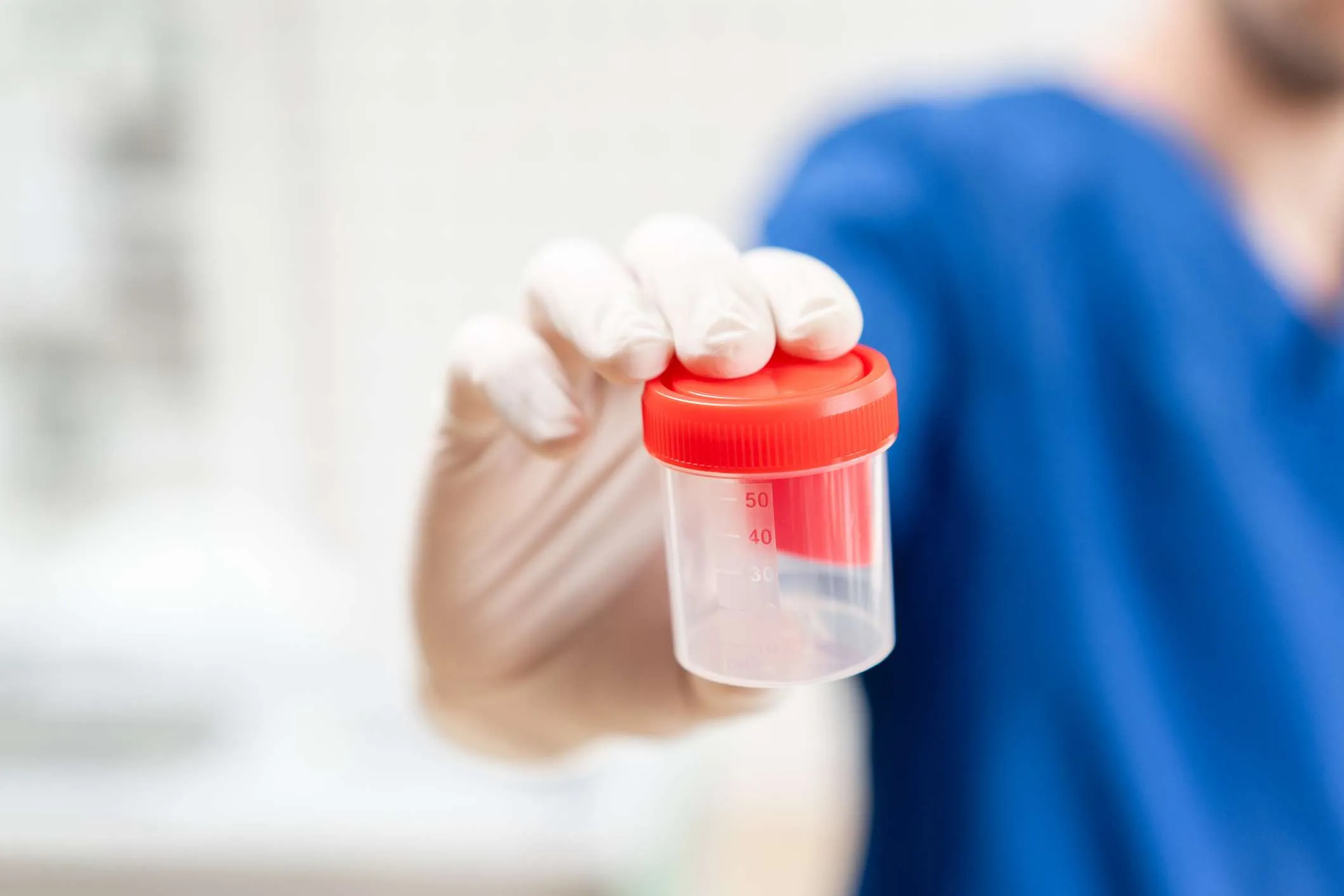Suboxone, a medication approved by the FDA for the treatment and management of OUD, plays a crucial role in this therapeutic landscape. However, individuals undergoing or considering treatment with Suboxone often have concerns about its detectability in drug tests, especially those seeking professional treatment or involved in programs where drug screening is a routine.
At Tampa Bay Recovery Center, we address these concerns with professional insights, catering specifically to those struggling with opioid use disorders and looking for outpatient rehab options in Florida.
Understanding Suboxone
Suboxone is a combination medication containing buprenorphine and naloxone. Buprenorphine is a partial opioid agonist, which means it can produce opioid-like effects at a lower intensity, helping to reduce cravings and withdrawal symptoms. Naloxone, on the other hand, is an opioid antagonist that blocks opioid receptors, preventing misuse of the medication. Together, these components work to support individuals in their recovery from opioid dependence.
What is MAT?
Medication-Assisted Treatment (MAT) is a comprehensive approach to treating substance use disorders, particularly those involving opioids. It combines the use of FDA-approved medications, such as buprenorphine, methadone, and naltrexone, with counseling and behavioral therapies to provide a “whole-patient” strategy.
MAT is designed to address the physical, psychological, and social aspects of addiction, aiming to normalize brain chemistry, block the euphoric effects of opioids, relieve physiological cravings, and stabilize body functions without the negative effects of the abused drug. Recognized for its effectiveness in increasing patient survival, retaining people in treatment, and improving their ability to live a self-directed life, MAT is considered a gold standard in the fight against opioid addiction.
Are You Really Sober if You’re On Suboxone?
The question of sobriety while on Suboxone invites a nuanced understanding of recovery and addiction. Sobriety, traditionally defined as the absence of all psychoactive substances, evolves in the context of MAT to accommodate a more holistic view of health and wellness. Suboxone, by mitigating withdrawal symptoms and reducing cravings, serves as a bridge to long-term recovery, allowing individuals to regain control over their lives and make significant strides towards their personal and professional goals.
It’s essential to recognize that sobriety isn’t merely about the absence of substances; it’s about restoring balance, health, and well-being to one’s life. In this light, individuals on Suboxone are navigating a path to recovery that honors the complexity of addiction, embracing a definition of sobriety that includes the use of prescribed medications as tools for healing and transformation.
Can Suboxone Get You High?
The question of whether Suboxone can induce euphoria if misused is important to address. While the presence of buprenorphine can offer some opioid-like effects, the naloxone component is engineered to activate if Suboxone is not taken as prescribed, precipitating withdrawal symptoms to deter misuse. any deviation from prescribed usage can not only undermine the medication’s therapeutic intent but also pose serious health risks.
This reinforces the fact that Suboxone treatment be pursued strictly under the supervision of a medical professional, ensuring it contributes to the recovery journey safely and effectively. Misusing Suboxone not only jeopardizes the individual’s health but also stalls the path to genuine recovery.
Detection of Suboxone in Drug Tests
When it comes to drug testing, Suboxone does not show up on standard drug tests. Most common drug screenings, designed to detect drugs like marijuana, cocaine, opiates, and amphetamines, do not test for buprenorphine, the active ingredient in Suboxone. However, specialized drug tests capable of detecting buprenorphine exist and can be used in settings where the use of Suboxone needs to be monitored, such as in treatment programs or legal situations.
The detection window for Suboxone in the body depends on several factors, including the frequency of use, dosage, metabolism, and the type of drug test conducted. For instance, buprenorphine can be detected in urine for up to 7 days after the last dose, in saliva for up to 3 days, and in hair follicles for up to 90 days, although these timeframes can vary based on individual circumstances.
Why Knowing About Suboxone Detection Matters
Understanding the detectability of Suboxone is important for individuals in recovery for several reasons. Firstly, it provides clarity and peace of mind for those undergoing drug testing as part of their treatment program or occupational requirements. Secondly, it underscores the importance of transparency and honesty in the recovery process. Patients are encouraged to disclose their use of Suboxone to healthcare providers, employers, or legal authorities as needed, ensuring that the medication is recognized as part of a legitimate and medically supervised treatment plan.
The Role of Suboxone in Recovery
In the state of Florida, where the opioid crisis has significantly impacted many communities, Suboxone offers hope for those struggling with severe and life-threatening opioid use disorders. By effectively managing withdrawal symptoms and cravings, Suboxone allows patients to focus on other aspects of their recovery, such as counseling, behavioral therapies, and support groups. Tampa Bay Recovery Center is committed to providing comprehensive treatment plans tailored to the unique needs of each patient, incorporating medications like Suboxone as part of a holistic approach to recovery.
Find Medication-Assisted Treatment in Florida Today
While Suboxone is not detected on standard drug screenings, specialized tests can identify its presence, highlighting the need for openness about its use in treatment settings. Tampa Bay Recovery Center remains dedicated to supporting individuals through their recovery with professional, compassionate care, recognizing the importance of innovative treatments like Suboxone in the broader fight against opioid addiction.







